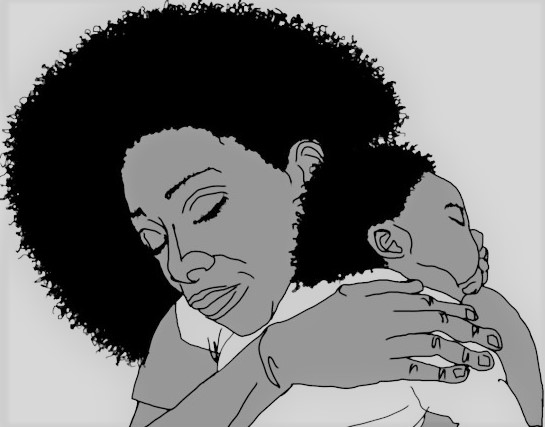
Who would have thought the world could ever go on a ‘lockdown’ within a short space of time? I doubt anyone had ever imagined humanity embracing a redefined norm due to a global pandemic.
In December 2019, China officially announced the outbreak of a novel lung disease called coronavirus disease (COVID-19). In a space of two months, many countries across the world experienced a dramatic change that altered and affected the physical, mental, psychological, social, economic, and political space of humankind. As a result of an unexpected intrusion of the 2019 novel coronavirus pneumonia, most countries embraced enforced restrictions on human movements and physical socialisation such as social or religious gatherings. This is to prevent the further and quick spread of this infectious disease. Consistent research findings[1] have highlighted the connection between close contact (respiratory) and COVID-19 transmission. Following China’s approach, the South African government enacted the ‘lockdown’ measures and shutdown all social and economic activities in March 2020, while encouraging physical distancing, self-isolation and working from home to reduce the rate of COVID-19 infections. Given the general unpreparedness and uncertainty, a severe threat to human life, infectious nature, and high risk of COVID-19 transmission, dynamics within the family have drastically changed to accommodate the imbalance between the ‘old norm’ and the ‘new norm’ in South Africa.
Intrinsically, parents are forced to adjust by juggling unpaid caregiving and childminding, emotional labour, household chores, working remotely, and home-schooling their children and wards. From a gendered perspective, global evidence shows that women are differently affected by pandemic, compared to men[2]. This is because most women, who are mothers are the primary and main unpaid caregivers in most families. According to a latest report by the International Labour Organization on gender equality, more than 606 million women are actively involved in unpaid care worldwide, while only 41 million men are involved on a permanent basis[3]. In South Africa specifically, females across all ages spend an estimated 71% of their total hours on unpaid household and care work. In comparison, men spend less than one-fifth of all their allocated time on the same responsibilities[4]. Inevitably, women are immensely affected by these responsibilities.
Evidence indicates that women as unpaid caregivers are faced with the burdens of general mental and psychological distress, limited or lack of support, lower socio-economic status, physical tension and emotional strain particularly in South Africa where female-headed households are common[5]. As such, the emotional, psychological stress and mental health-related issues are likely to be inevitable occurrences and on the increase during this pandemic. Mothers are more impacted as they are saddled with the caregiving, emotional labour and household responsibilities of their families while juggling other personal responsibilities. As mothers remain at the forefront of caregiving and household responsibilities during this pandemic, it is important to re-evaluate their role during this pandemic. Most importantly, as they are faced with numerous and new challenges as mothers, caregivers, (while some work remotely), it is also imperative to examine how they grapple with their responsibilities and needs – mental, physical and emotional- despite the possibility of limited access to resources.
Based on Lewis’ submission, the coronavirus is a disaster for feminism as more women are at the forefront of caregiving, both home and workplace[6]. Exponentially, the pandemic has increased the pressure on mothers. From a personal perspective, as a woman, a mother, a wife, and a researcher, the unanticipated physical, emotional and mental responsibilities of COVID-19 have taken a heavy toll on me. While schools are temporarily on lockdown, my responsibilities have inevitably increased, with the additional role and responsibilities of tutoring my children. With two young children below the age of seven years, I find living in the new reality of COVID-19 mentally and physically taxing. This is true of many women trying to juggle work, household responsibilities, emotional labour with care.
The COVID-19 pandemic and its impact have brought to limelight the importance of mothers as caregivers and emotional labourers in the family. They are facing and managing their families despite the unfavourable and unconducive environment. As such, mothers also deserve respect and recognition as frontliners during this pandemic. As frontliners that ‘run’ the homes, the pandemic has highlighted the need to pay more attention to the importance of the needs of women in society. Although motherhood is generally presented here, it is also important at this crucial time in the history of humankind to examine how other groupings of mothers – such as lone mothers, adolescent mothers, mothers living with chronic and potentially life-threatening illnesses (e.g. HIV or cancer) grapple with their reality. It is therefore recommended that research and evaluations should be undertaken to understand the implications of being a mother during this pandemic. With the aim of developing policies and programmes that would address issues of unpaid care and emotional labour, further research should explore the experiences of mothers, especially the susceptible group during the pandemic.

